2. August 2021
Loránt Vincze
Member of the European Parliament, FUEN President
Statement anlässlich des Europäischen Holocaust-Gedenktages für Sinti und Roma 2020
Never again!
This was the promise the European Union’s founding fathers made after the Second World War. Their commitment also meant peace, prosperity, democracy and fundamental rights for all citizens.
During the Second World War, hundreds of thousands of Sinti and Roma were killed from all over Europe. It is a fact that also today many Europeans do not want to acknowledge. Thus, the European Holocaust Memorial Day for Sinti and Roma is not only an act of remembrance, but a much-needed chapter in the public debate. We cannot change the past, but we must learn from it.
While we remember the darkest period of the past century, we also have to reflect on where we are today on this matter. Have the promises been fulfilled?
I believe that sadly, Europe has failed its Roma communities.
There is no peace while there is racism and discrimination in our societies. Also in Western European states, the Covid-19 pandemic brought in stigmatization and the revival of prejudices. There is no prosperity when the Roma communities are the most underprivileged. There is no democracy when Roma people have little to say in decisions regarding them. In addition, there are no fundamental rights when many Roma still do not have ID cards and cannot benefit from healthcare, education or social security.
In 2018, during the FUEN campaign for the Minority SafePack initiative, I was criticized for a statement in which I said that Roma communities need a different approach then other national or linguistic minorities.
Knowing well the reality of the Roma communities from my homeland in Transylvania, but also from many other regions of Europe, I stand by my statement today: the problems Roma face are rooted deeper, and the solutions that could work for other minorities – in education, in language use or media accessibility – are simply not enough to significantly improve the situation of Roma.
The intergenerational poverty, the lack of housing or basic infrastructure, the poor access to the labor market, the denial of quality education, need to be addressed in a coordinated manner. If there is more to be done for the minorities of Europe, it is even much more to be done for the Roma.
Three weeks ago, in the plenary of the European Parliament we evaluated the first ten years of the European Roma Strategy. I was happy to see that the Roma representatives were given the chance to lead the policy debate: Romeo Franz representing the Greens, but also the Board of the Sinti and Roma Council, Livia Járóka from Hungary and Peter Pollak from Slovakia from the EPP Group.
In my intervention in the debate, I pointed out that basically the EUs Roma strategy failed. After one decade every third Roma child still lives in a home where someone went to bed hungry at least once in the previous month. Denying this fact, as some members from far-right parties did, will not help.
We should give the highest priority to address hunger, extreme poverty and severe housing deprivation among Roma. The second policy should be education strategies for Roma. Third would be better access to labor market.
Of course, the new Roma strategy needs to focus not only on the Roma, as the German EU Council’s Presidency documents points out. In all our societies, we need to do much more to fight discrimination, to inform the public about the vulnerability of Roma, to reduce prejudices.
The Memorial Day is a reminder that there is much to be done to fulfill the promise of “Never again”. It has to give us motivation to work together with the Sinti and Roma for a better Europe for all of its citizens.
I wish you all the best in the world!
Stellungnahmen
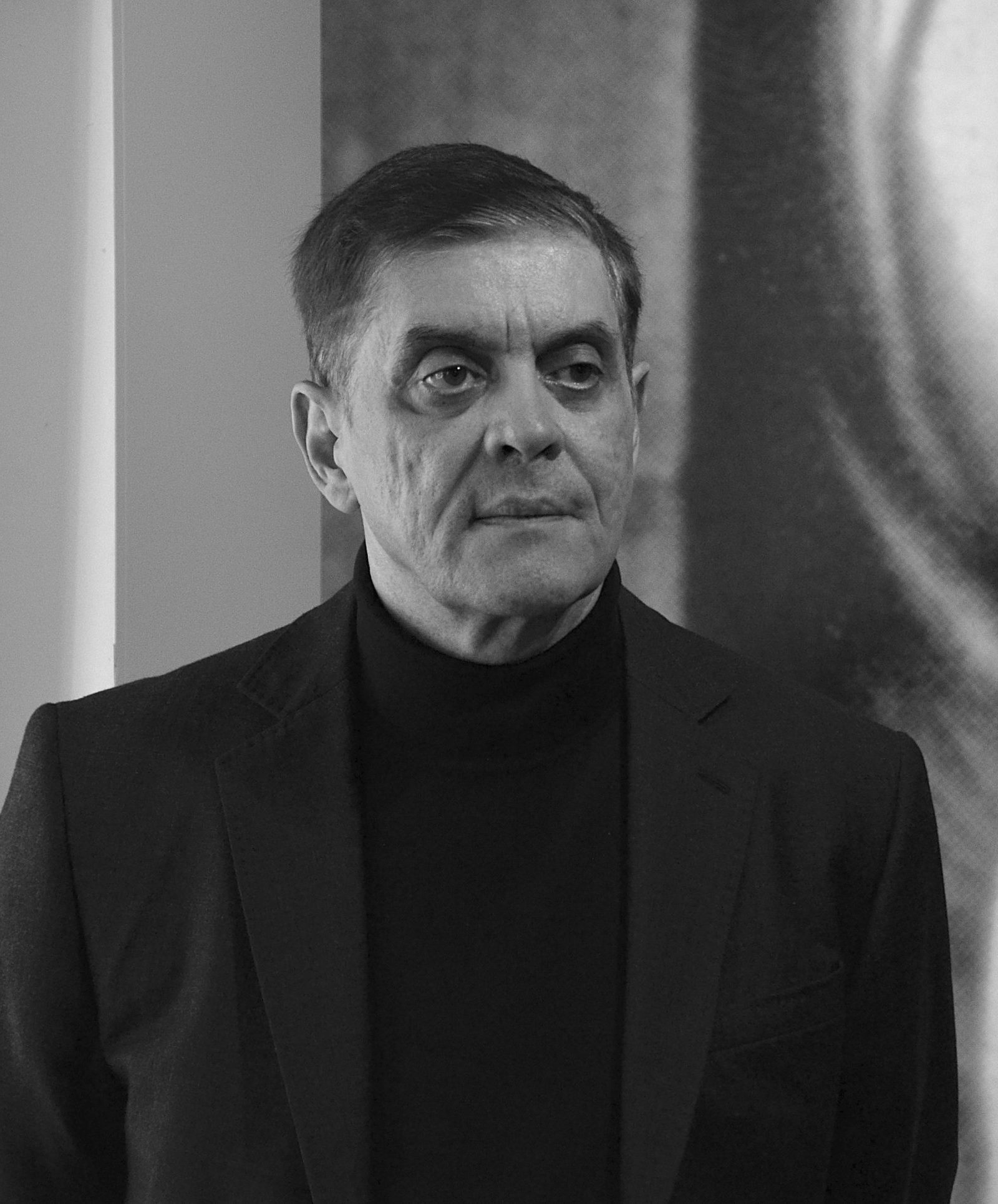
Romani Rose
Vorsitzender des Zentralrats Deutscher Sinti und Roma

Katarina Barley
Vice President of the European Parliament

Helena Dalli
EU-Kommissarin für Gleichstellung
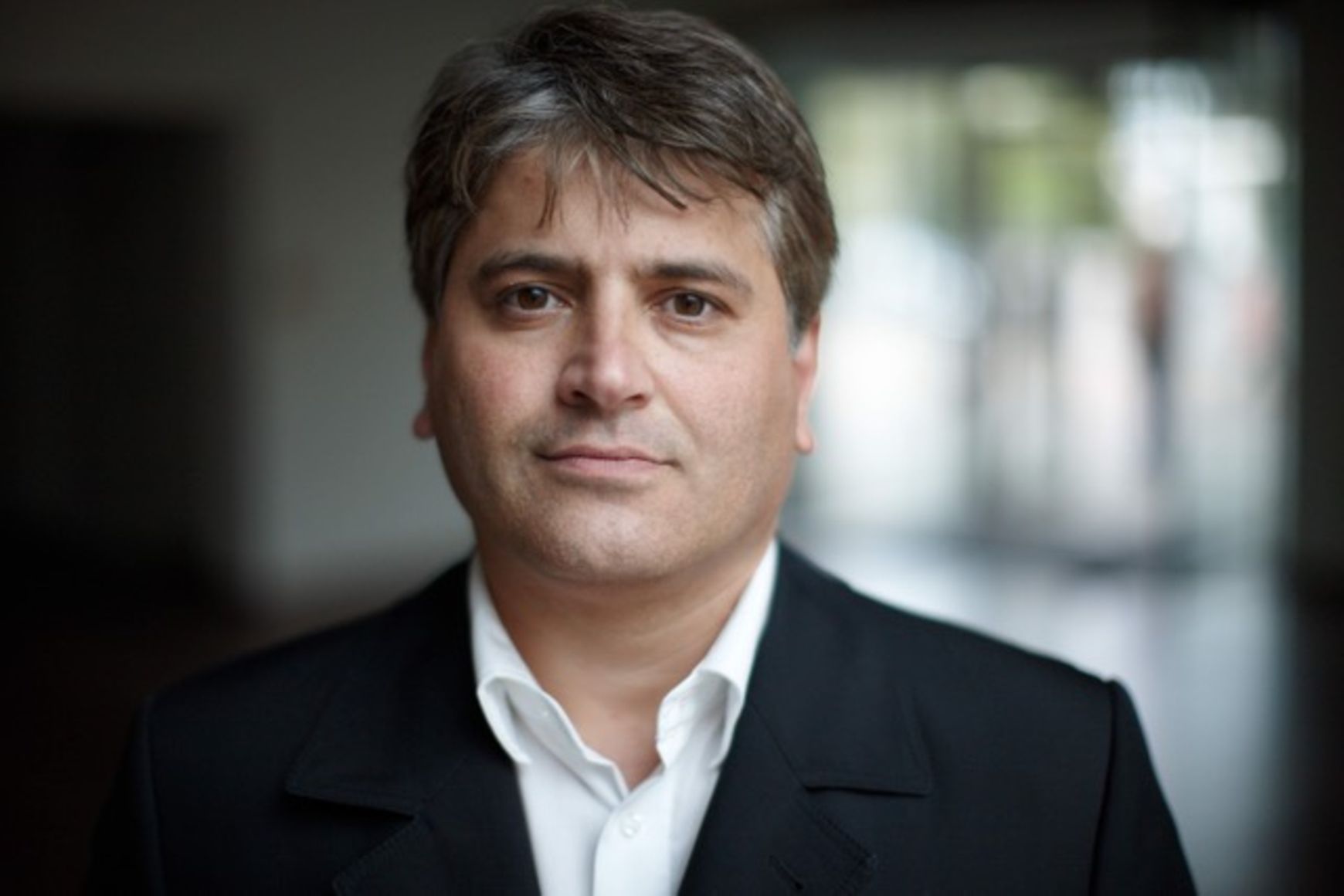
Mehmet Daimagüler
Dr. Mehmet Daimagüler, Antigypsyism Commissioner of the Federal Government

Roberta Metsola
Roberta Metsola, President of the European Parliament
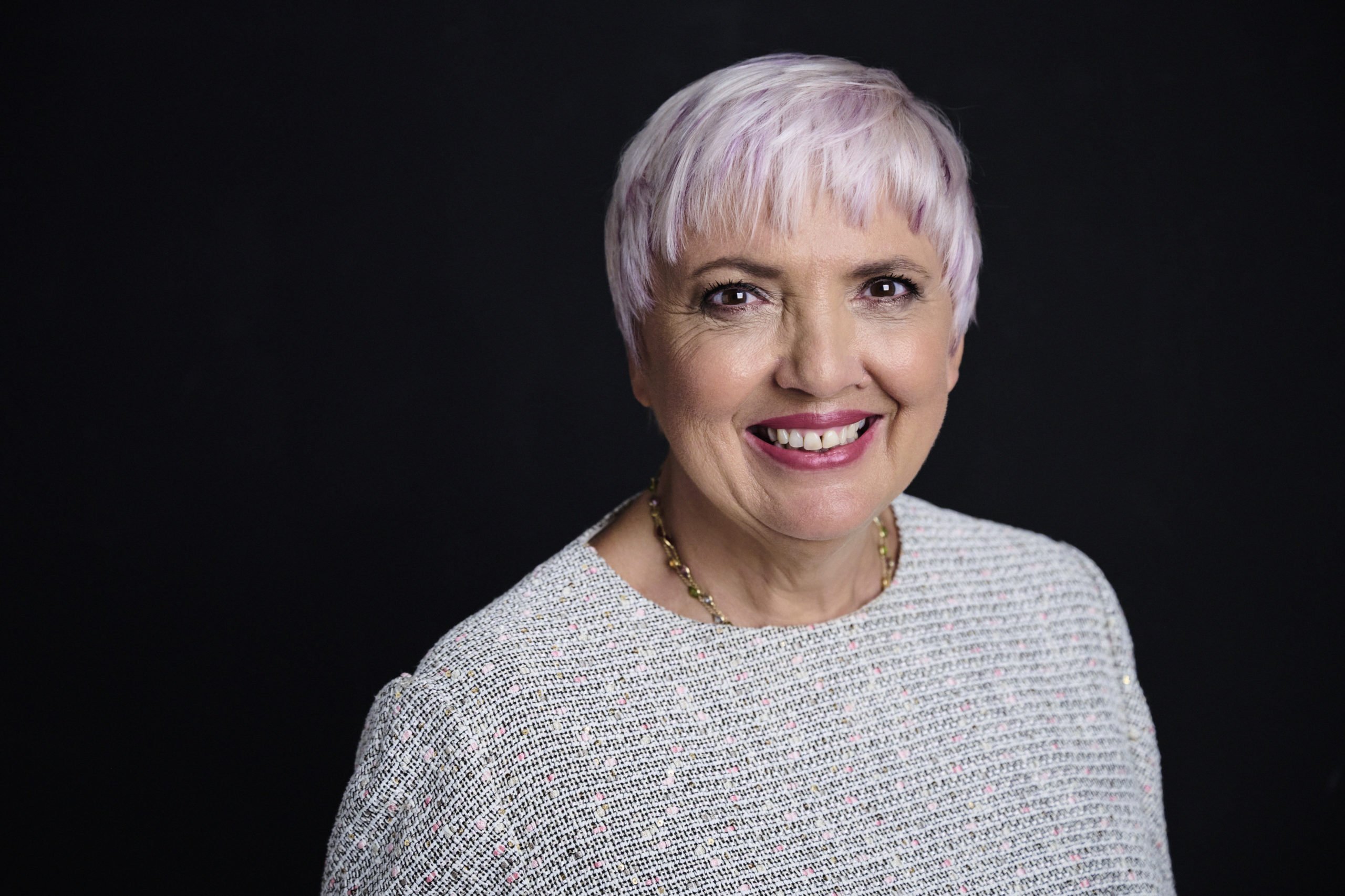
Claudia Roth
Vizepräsidentin des Deutschen Bundestages
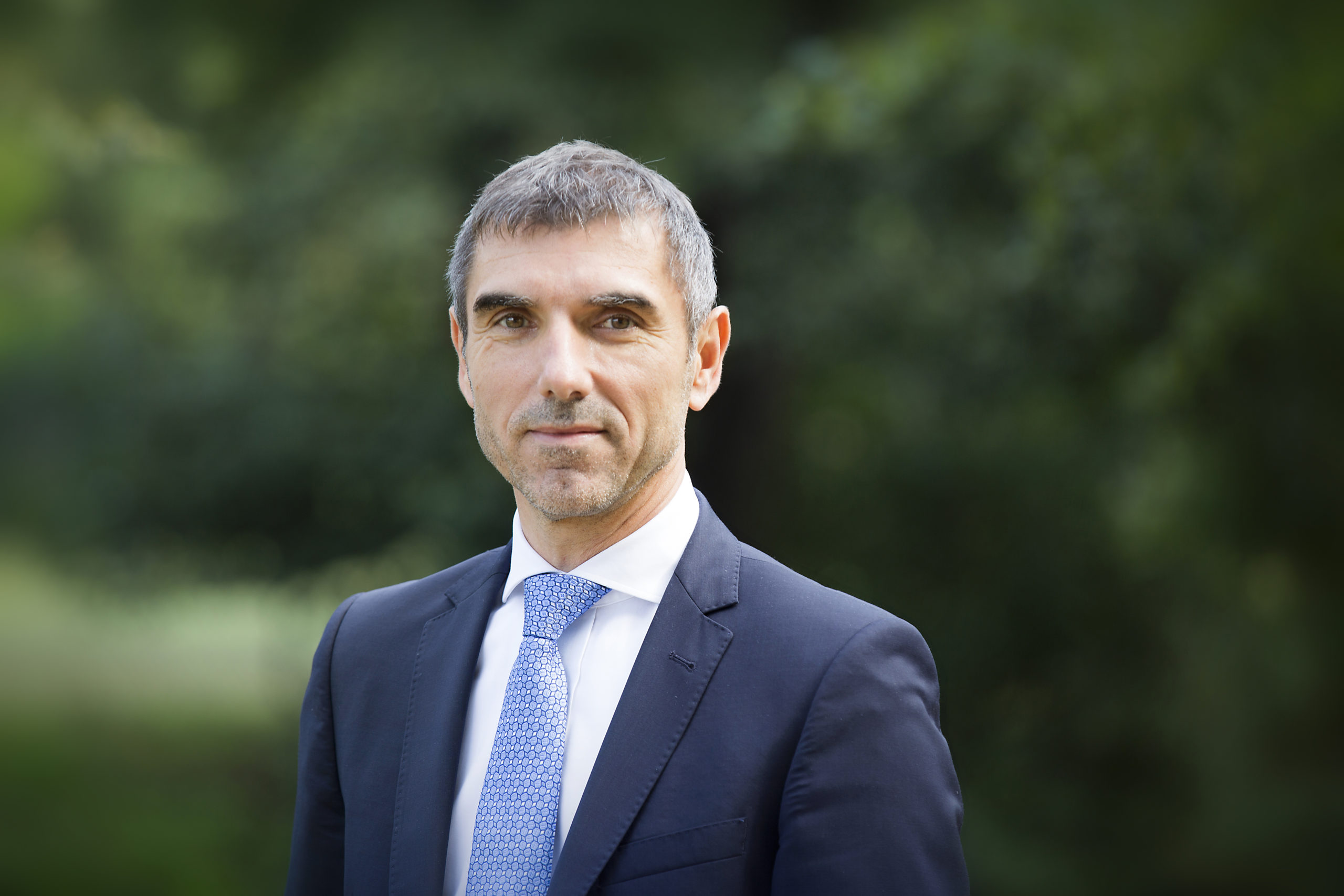
Paul Blokhuis
Dutch State Secretary Paul Blokhuis
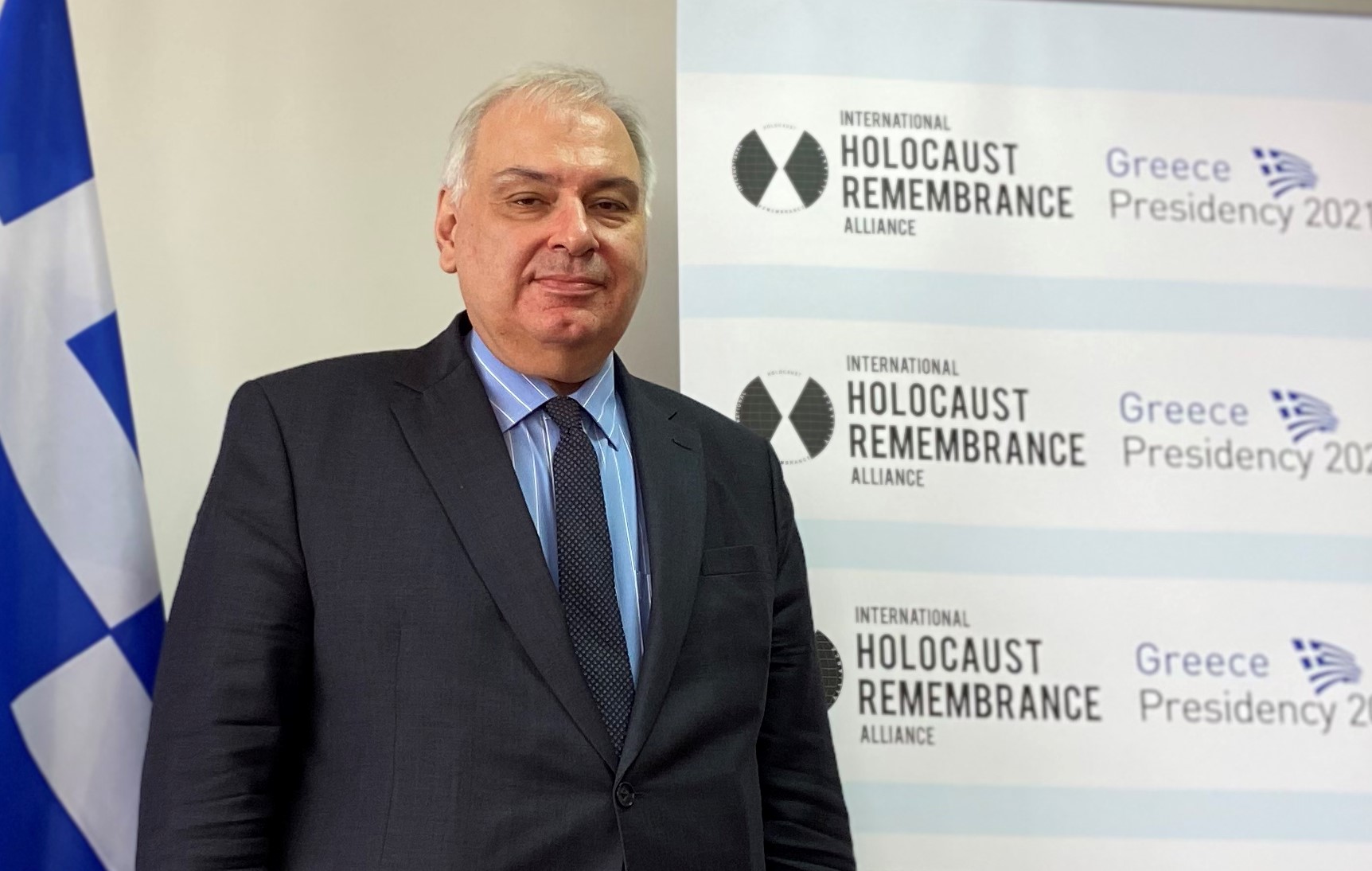
Chris J. Lazaris
Amb. Chris J. Lazaris, IHRA Chairman
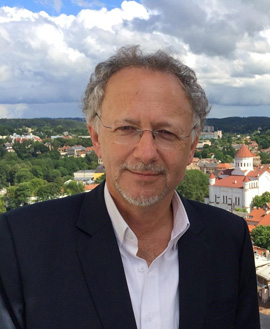
Fernand des Varennes
UN-Sonderbeobachter für Minderheitenfragen
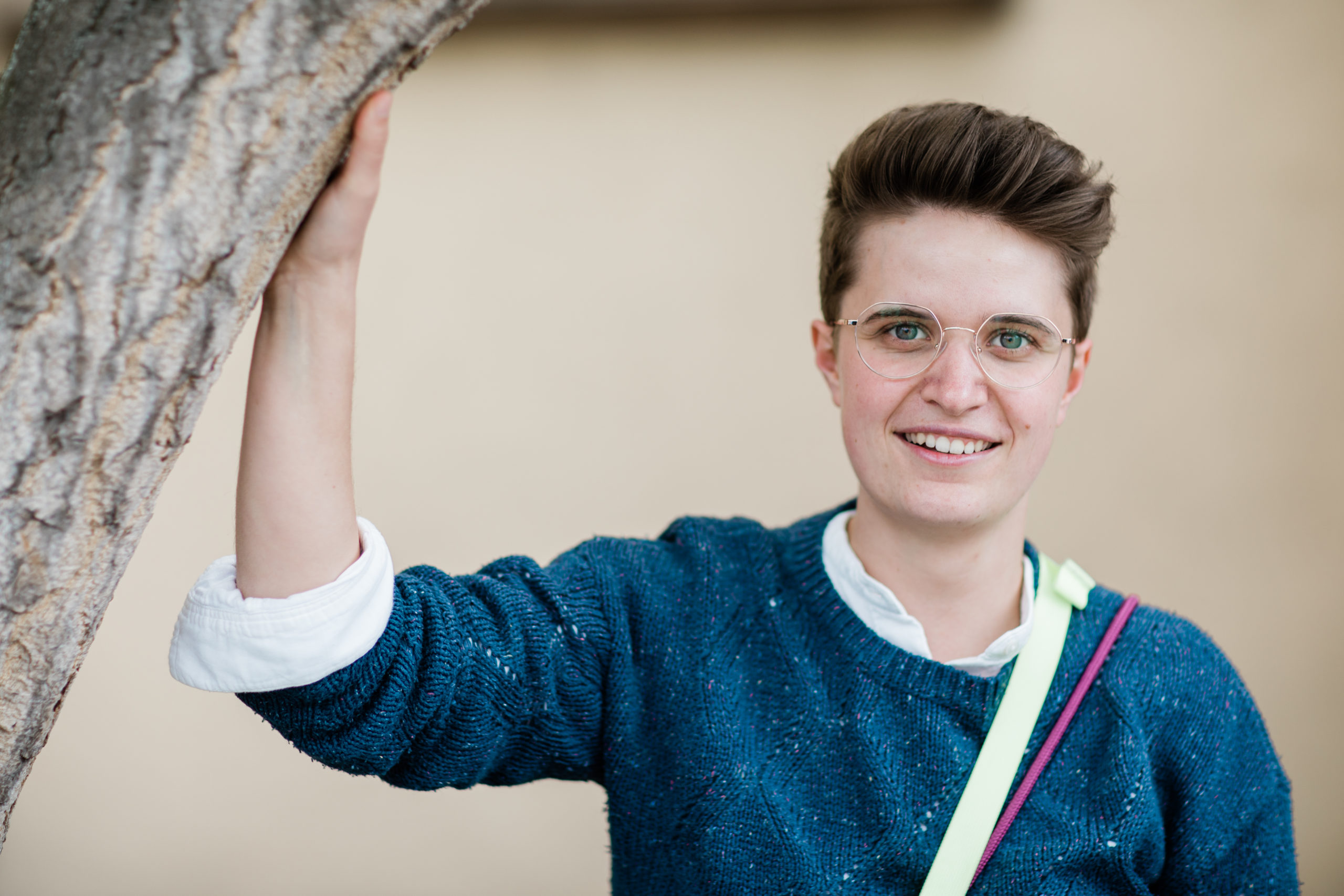
Anna-Nicole Heinrich
President of the Synod of the Evangelical Church in Germany (EKD)

Justin Trudeau
Prime Minister of Canada
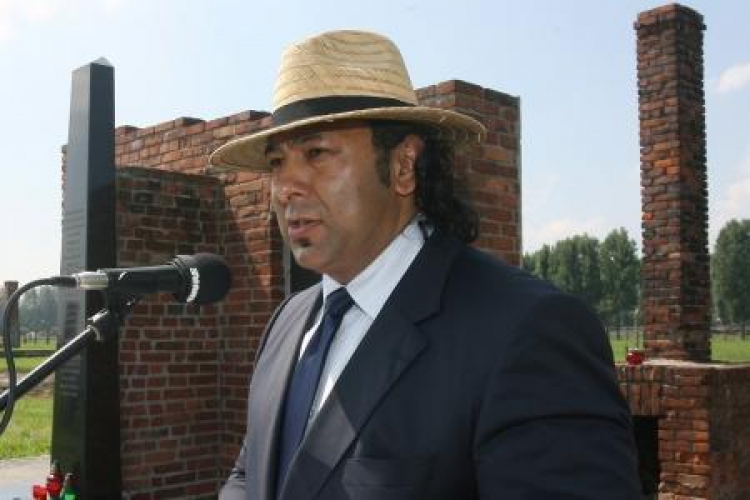
Roman Kwiatkowski
Vorsitzender der Gesellschaft der Roma in Polen
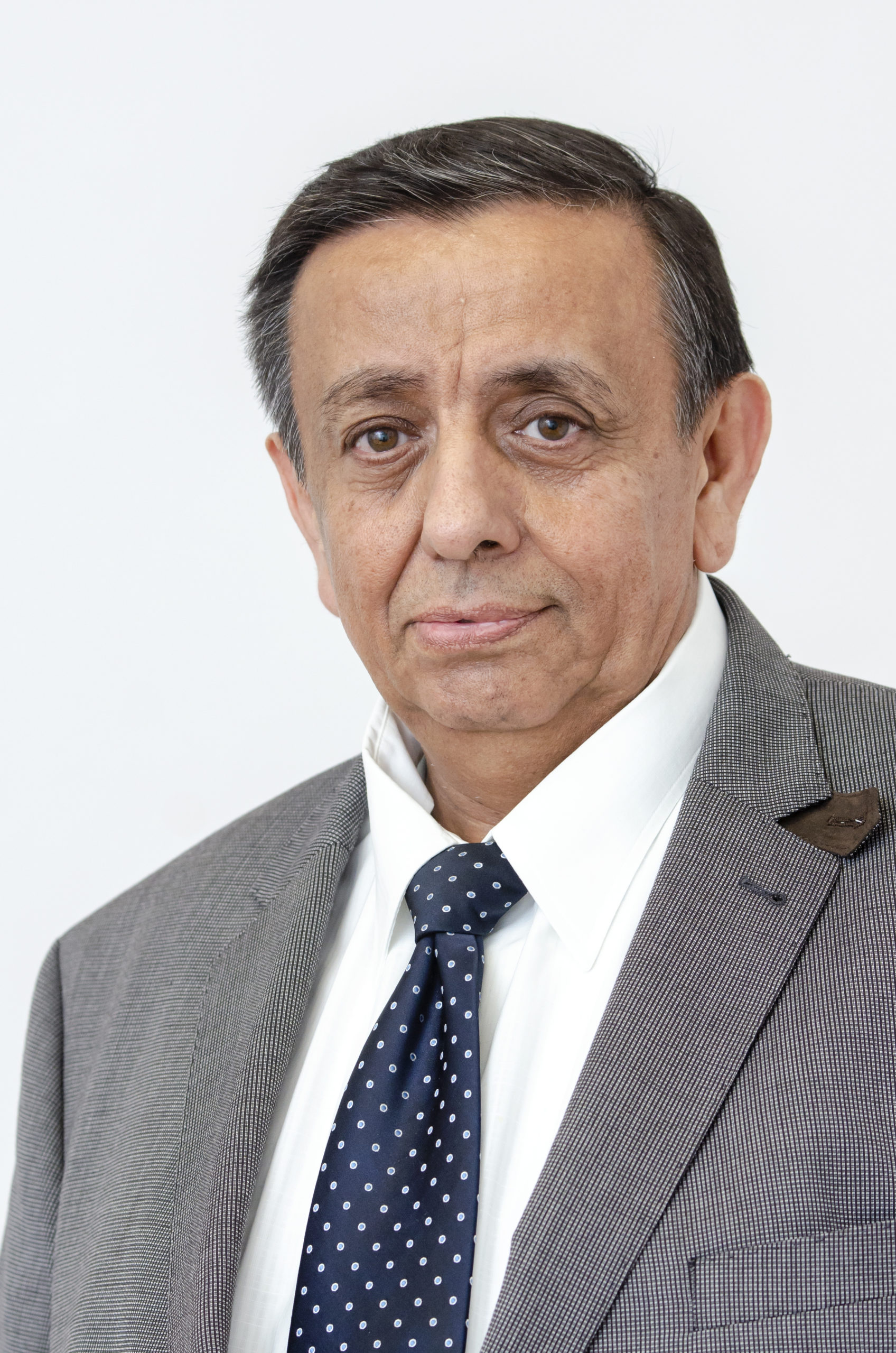
Erich Schneeberger
stellv. Vorsitzender des Dokumentations- und Kulturzentrums Deutscher Sinti und Roma und Vorsitzender des Verbands Deutscher Sinti und Roma – Landesverband Bayern

Timea Junghaus
Executive Director
European Roma Institute for Arts and Culture (ERIAC)
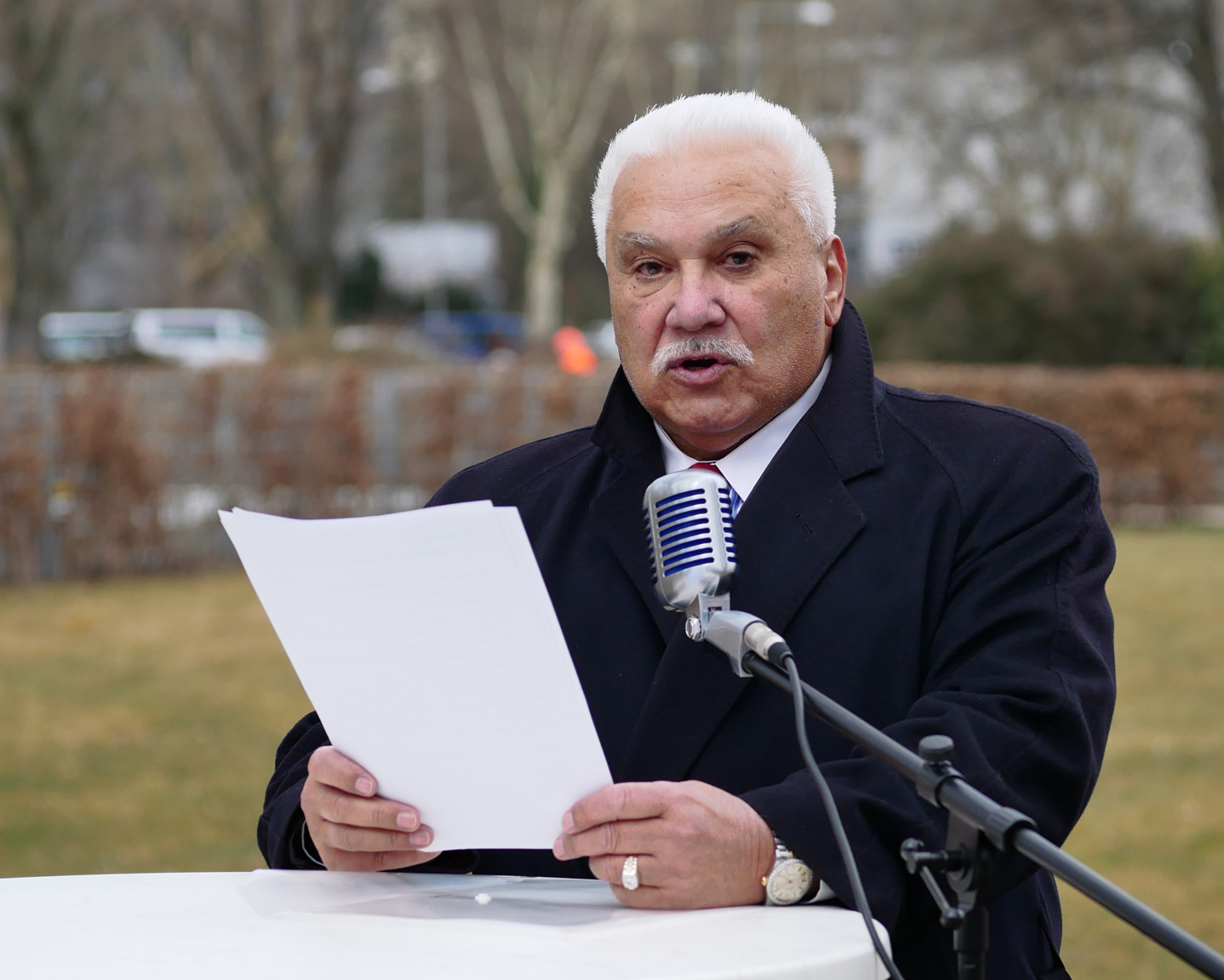
Adam Strauß
Vorsitzender des Landesverbandes Deutscher Sinti und Roma Hessen
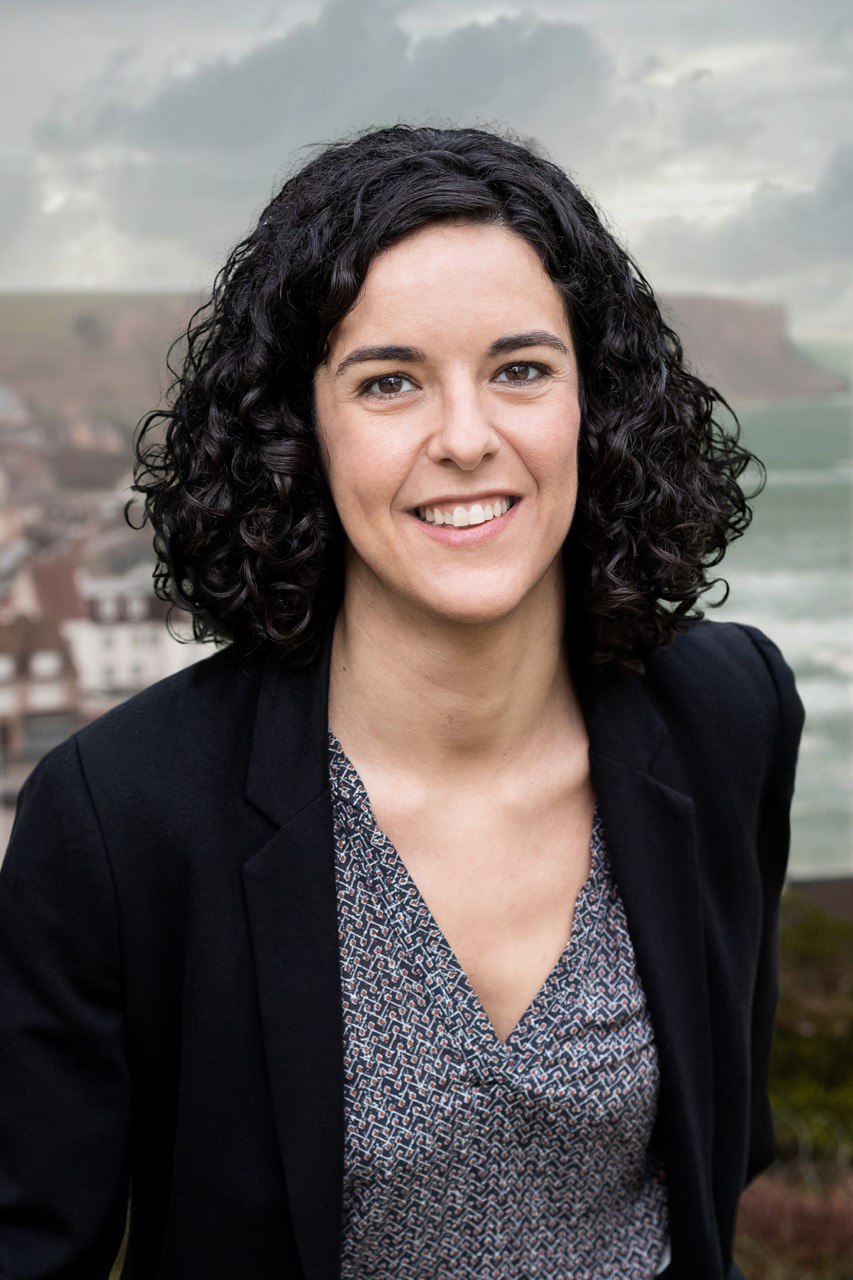
Manon Aubry
Manon Aubry, MEP
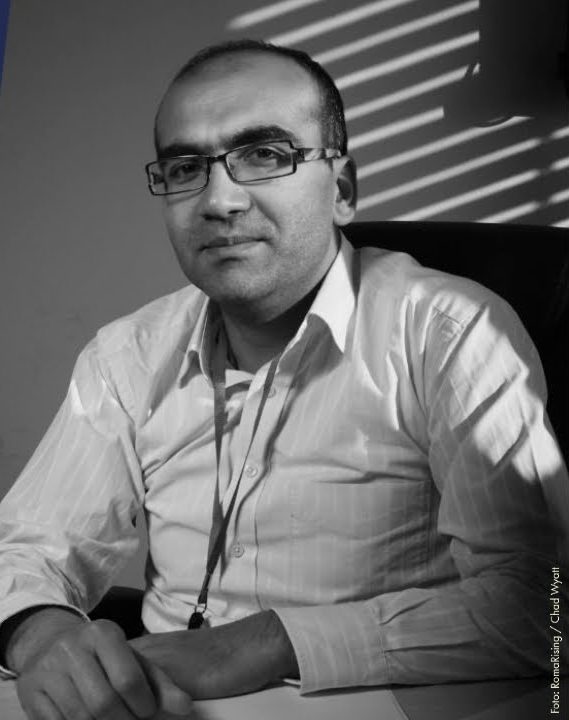
Adrian-Nicolae Furtuna
Historian at the University of Bucharest
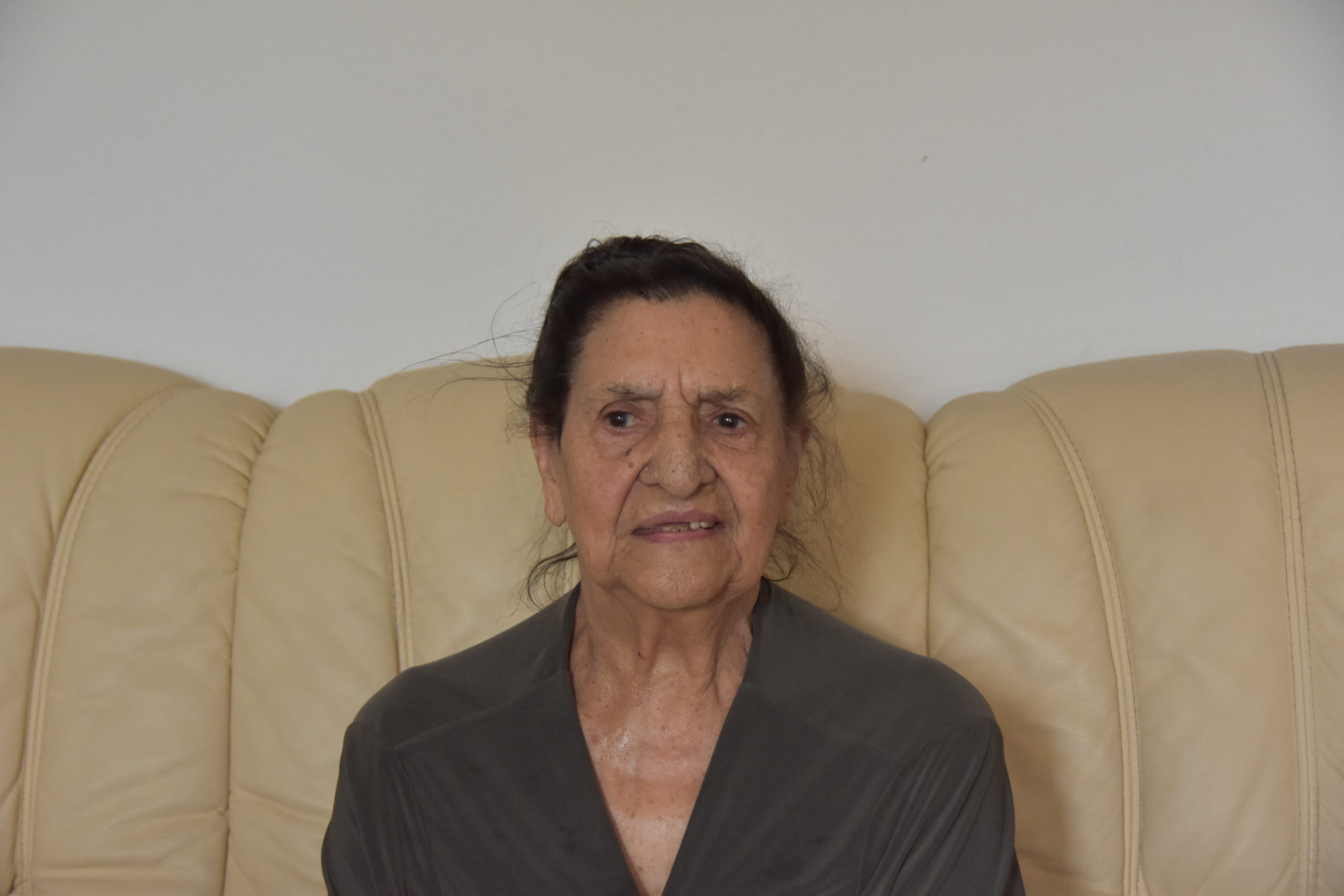
Philomena Franz
Holocaust-Überlebende

Angelina Kappler
German former Weinkönigin
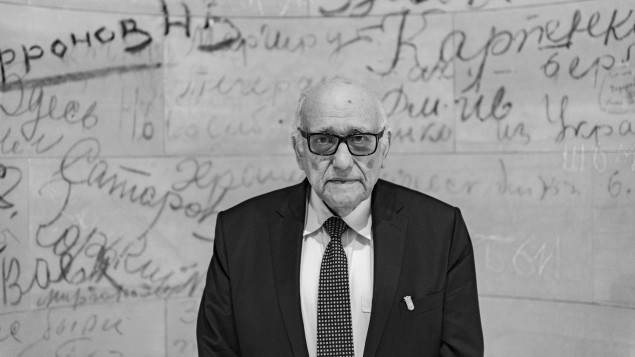
Marian Kalwary
Chairman of the Association of Jews,
Survivors and Victims of the Second World War










